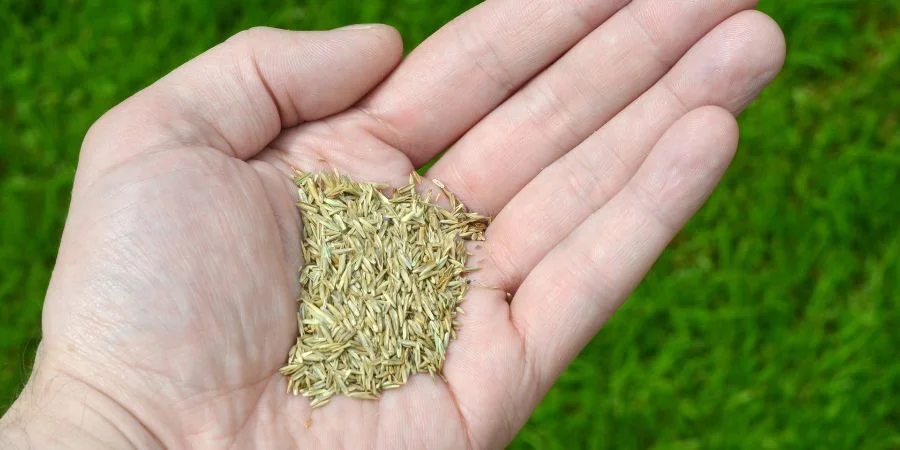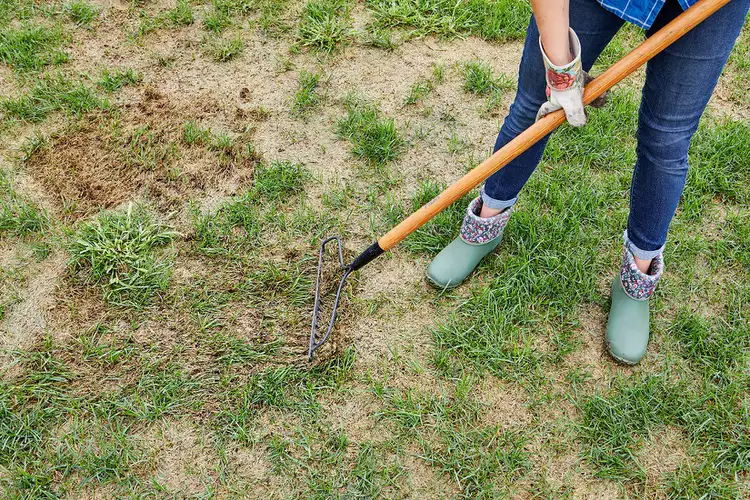How To Get Rid Of Hammerhead Worms From Your Garden
Last Updated on August 23, 2021 by Duncan
Although they are native to Asia, you will find hammerhead worms all over the world.
Featuring a half-moon-shaped head, the worms grow up to 50 centimeters and since they are nocturnal, you are more likely to find them at night.
You can also come across them in the morning mostly after it has rained.
Is the hammerhead worm harmful to humans?
No, hammerhead worms aren’t harmful to humans, but they are incredibly toxic to earthworms, which they feed on.
The worms pursue the earthworms, capture them and hold them in place with their muscles and sticky secretions.
They then secrete their enzymes on the earthworms that dissolve their body after which they suck the liquefied tissues into their body.
Earthworms have plenty of benefits to your garden. One of them being helping create humus that holds the soil nutrients in place for plants to grow.
Earthworm excrements and castings are rich in phosphorus, potassium, nitrogen, and other minerals necessary for healthy plant growth. The planarians also bind iron, calcium, and sulfur to the soil particles.
So, when hammerhead worms kill earthworms, you don’t have healthy soil to grow your plants on, so it’s imperative you get rid of them.
How do you get rid of hammerhead worms?
To protect your earthworms, you need to get rid of the flatworms. Luckily, there are plenty of techniques you can use to achieve it.
One of the mistakes you shouldn’t make is to try to chop them up or smash them.
This is because the worms will regenerate into new hammerheads, increasing their population. And you don’t want this, do you?
To completely get rid of the hammerhead worms, you need to completely dissolve them.
Some of the effective treatment options include: citrus oil, vinegar, and salt.
Tip: You should apply the products directly to the hammerhead worms.
Avoid spreading the products around the soil where you find the worms, as this won’t dissolve the parasites completely.
Are hammerhead worms poisonous?
Hammerhead worms aren’t toxic to people, but they are toxic to other creatures as they release neurotoxins. While this is the case, you shouldn’t eat them as they contain tetrodotoxin, a toxin found in butterfish and other marine animals.
No research studies show that these toxins are harmful to humans when ingested, but you shouldn’t eat them to be on the safe side.
Should you kill hammerhead worms?
If you are wondering, should I kill hammerhead worms? Yes, you should kill these planarians if you want a healthy garden.
As mentioned above, you can’t kill the worms by splaying products in your general garden area—you have to spray every worm until you kill the entire population.
As you might guess, this isn’t an easy feat.
The best way to go about it is designating a special day to go hunting for the worms—preferably in the morning after a heavy rainstorm.
At this time, the worms are more likely to rise to the soil surface, so you have an easy time applying the killing product directly to them.
As mentioned some of the best products you can use to kill the worms are: citrus oil, vinegar, and boric acid.
Citrus oil
It’s the most popular method of controlling worms. To kill the worms using citrus oil, get the oil from your local store and try to apply it directly to the worms. For the best outcome apply citrus oil at least once a week.
If you aren’t sure whether you have killed the worms, check for their eggs. The eggs resemble red or black cocoons. If present, remove them and obliterate them.
Vinegar
Vinegar is an excellent weed and plant killer but you can use it to kill the annoying parasites. Vinegar works by withdrawing moisture from the worm, so the worm dies from dehydration.
Since hammerhead worms need moisture to breathe, the acidity from vinegar will cause the moisture to leave their bodies, resulting in death.
As mentioned, vinegar is a plant killer so applying it directly on the lawn or garden will kill the plants, and you don’t want this. To avert this, collect as many hammerhead worms and place them in a bottle.
You should then pour highly concentrated levels of vinegar into the worms, and leave them to dehydrate and die.
You can also pour a bottle of highly acidic vinegar into an empty spray bottle and spray it directly at the visible worms, taking care not to spray the plants.
NB: You may have to spray several times to kill all the worms.
Boric acid
Hammerhead worms don’t thrive in acidic conditions, so they are bound to die when you apply boric acid directly on them. You can easily find boric acid from your local store or online.
To get the most from the acid, apply it for 2-4 weeks to eliminate all the hammerheads that might be present.
What if you have a large area?
If you have a large area, you can’t use the same techniques as when you have a few yards of the garden, can you?
So you need to come up with ways to get rid of the worms on a large scale. Luckily, there are a number of strategies you can use. Some of these ways include:
Soap sprays
While they aren’t as toxic as vinegar and other acidic products, they are highly effective at getting rid of the worms when you do it right.
When you apply soap to the garden, the soap smoothers the worms, so they cannot breathe, which eventually kills them.
Simply buy already prepared soap sprays in your local store or prepare them in your home then apply them to your garden.
Organophosphates
They are heavily used as pesticides targeting the nervous system. When you apply them to the worms, they interact with the worm enzymes, disrupt the nerve impulses, and eventually kill them.
When properly applied, they are highly effective, but you should be cautious when applying them so that you don’t ingest them.
Neem oil
Obtained from a neem tree, neem oil is poisonous to hammerhead worms so it will get rid of the pesky parasites. The beauty of it is that it doesn’t kill grass or other plants in your garden.
To have an easy time getting rid of the worms using this method, invest in a high-quality oil.
How to find hammerhead worms
To find the worms, you need to understand their behavior.
Valuable clue: Hammerhead worms are photo-negative (light-sensitive) and need high humidity.
Because of this, they often move and feed at night. They prefer living in cool, damp places such as under rocks, shrubs, and logs. So these are the best places to find them.


